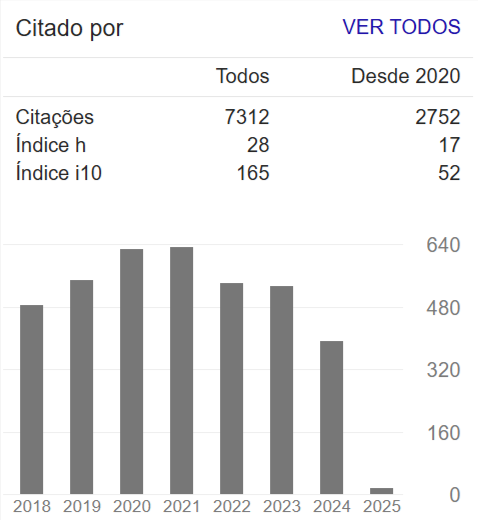ESTUDO REOLÓGICO DE FLUIDOS DE PERFURAÇÃO À BASE DE ÁGUA: INFLUÊNCIA DO TEOR DE SÓLIDOS, VELOCIDADE E TEMPO DE AGITAÇÃO
Resumo
RESUMO O objetivo deste trabalho é estudar a influência do teor de sólidos, velocidade e tempo de agitação (fatores de entrada) nos parâmetros reológicos e de filtração de fluidos de perfuração à base de água e argila, utilizando um planejamento fatorial do tipo 23 com três experimentos no ponto central + configuração estrela. Foram estudadas duas amostras de bentonitas sódicas industrializadas na Paraíba, caracterizadas por análise química, difração de raio-X e microscopia eletrônica de transmissão. Os fluidos foram preparados com concentrações de 3,0% a 8,0% em massa, utilizando as velocidades de 10.000, 14.000 e 17.000 rpm e os tempos de agitação de 7, 10, 15, 20 e 23 min. Através da regressão dos dados experimentais, verificou-se que dentre os fatores avaliados, o teor de sólidos foi a variável que apresentou maior influência estatisticamente significativa sobre as propriedades reológicas dos fluidos. ABSTRACT The aim of this work is to study the influence of the concentration of solids, speed and agitation time on the rheology of water and clay based drilling fluids. Two sodium bentonite clays supplied by industry from Campina Grande, PB were studied. The physical and mineralogical characterization of the samples was done through chemical analysis, X-ray diffraction and transmission electron microscopy. A type 23 factorial design with three experiments in the central point + star configuration was developed to evaluate the effect of the some process variables (concentration of solids, speed and agitation time) over the apparent and plastic viscosity and fluid loss. The drilling fluids with concentrations from 3,0% to 8,0% w/w were prepared and mixed by using the speeds of 10,000, 14,000 and 17,000 rpm and agitations time period of 7, 10, 15, 20 and 23 min. The regression analyzis shows that the concentration of solids present correlation with significance with the rheological properties of the fluids.

















